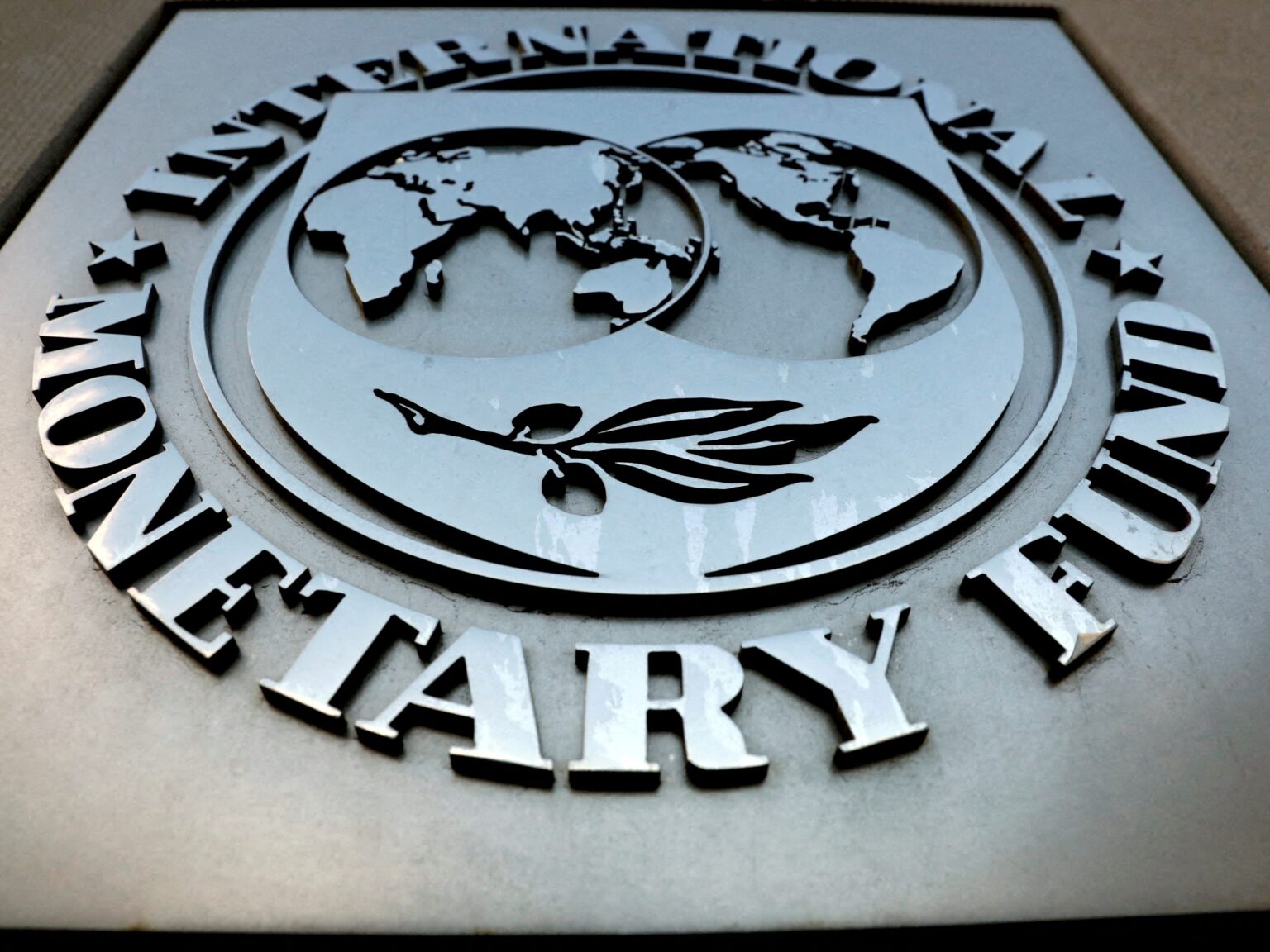Global Courant 2023-05-02 13:42:13
The International Monetary Fund (IMF) has raised its economic forecast for Asia for this year as China’s recovery is supporting growth, but it warns of risks of continued inflation and global market volatility stemming from the troubles in the Western banking sector.
The reopening of China’s economy is critical for the region, with the perceived spillover focusing more on consumption and demand in the services sector than on investment, the IMF said on Tuesday.
“Asia and the Pacific will be the most dynamic of the world’s major regions in 2023, driven primarily by the favorable outlook for China and India,” the IMF said in its regional economic outlook report.
“As in the rest of the world, domestic demand is expected to remain the largest growth engine in Asia in 2023,” the company said.
The Asian economy is expected to grow by 4.6 percent this year, following growth of 3.8 percent in 2022, contributing about 70 percent to global growth, the IMF said, which raised its forecast by 0. increased by 3 percentage points.
China and India will be the main drivers with growth of 5.2 percent and 5.9 percent respectively, though growth in the rest of Asia is expected to bottom out this year, the report said.
As a result, the IMF cut its Asian growth forecast for next year by 0.2 percentage point to 4.4 percent and warned of risks to the outlook, such as more stubborn-than-expected inflation, slowing global demand and the impact of the US and European banking sector. tension.
While spillovers to the region from stress in the US and European financial sectors have been relatively contained so far, Asia remains vulnerable to tightening financial conditions and to sudden and disorderly repricing of assets.
And while Asia has strong capital and liquidity buffers to cushion market shocks, the region’s highly leveraged corporate and household sectors are “significantly” more exposed to a sharp rise in borrowing costs, it added.
The IMF also urged central banks in Asia – with the exception of Japan and China – to keep monetary policy tight to reduce inflation, which could remain stubbornly high, helped by robust domestic demand.
The costs of keeping inflation below target are likely to outweigh the benefits of keeping monetary conditions accommodative.
“Insufficient short-term tightening would require disproportionately more monetary tightening later on to prevent high inflation from becoming baked in, making a larger contraction more likely,” it warned.
While China will be a key driver of the region’s growth, the country’s real estate sector remains a risk that policymakers must address to ensure a smooth recovery in the sector, the IMF said.
Recent government moves to ease developer financing have largely benefited larger developers, and regions in China with smaller, weaker players have yet to show signs of recovery, said Thomas Helbling, deputy director of the Asia and the Pacific Ocean from the IMF.
“While the government’s efforts have stabilized the market, it should proactively support the restructuring of weaker developers, who are still suffering,” Helbling said at a press briefing in Hong Kong.
China’s policymakers have been trying to stabilize the sector, which accounts for a quarter of national gross domestic product, following a string of developer defaults and a slump in home sales.
“For regions with weaker housing markets, the recovery has already taken place,” Helbling said. “We need further policy action to mitigate potential risks.”







